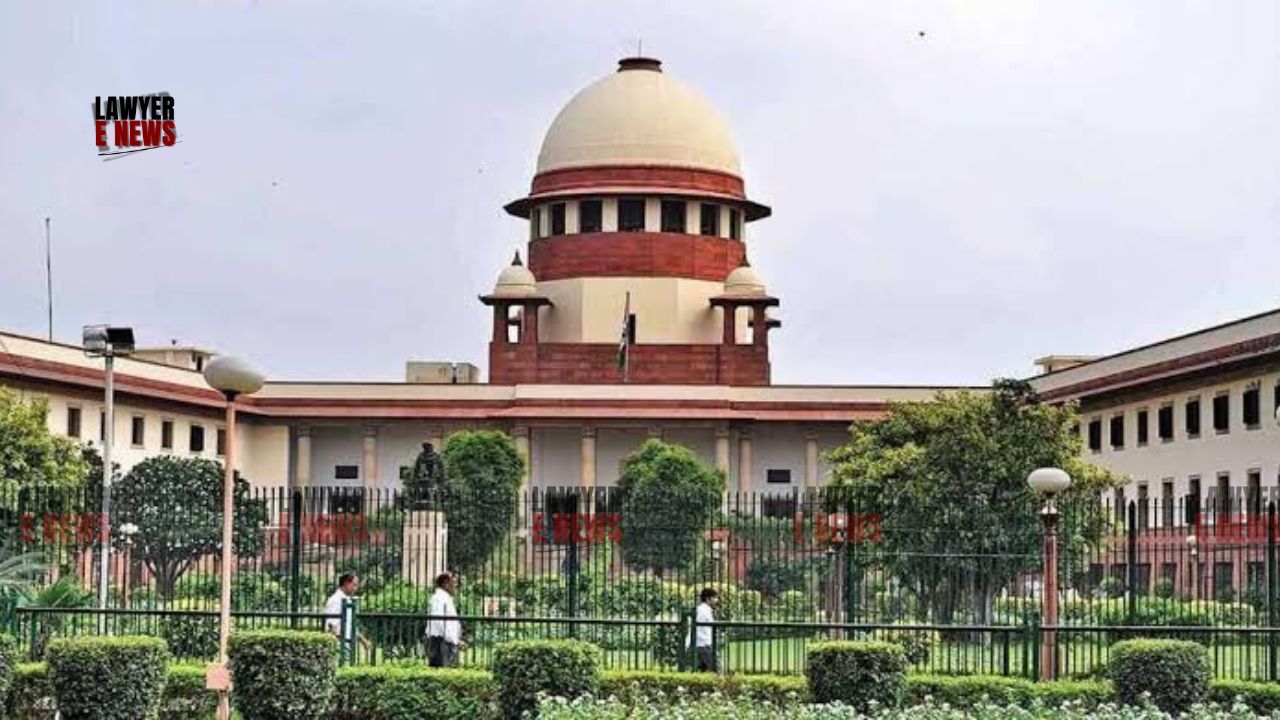-
by Admin
15 February 2026 5:35 AM



In a significant judgment, the Supreme Court of India has modified the compensation formula prescribed by the National Consumer Disputes Redressal Commission (NCDRC) for delayed possession of flats. The Court, addressing the appeal in Kaushik Narsinhbhai Patel & Ors. v. M/s. S.J.R. Prime Corporation Private Limited & Ors., underscored the necessity of adhering strictly to contractual agreements, particularly in real estate transactions where delays can cause considerable distress to homebuyers.
The appellants, numbering 46, along with several proforma respondents, filed Consumer Case No. 945 of 2019 against M/s. S.J.R. Prime Corporation Private Limited, alleging deficiencies in the completion and possession of flats in the project 'Fiesta Homes by SJR Prime'. According to the construction agreement dated March 31, 2012, the possession was to be handed over by March 2014, with a grace period of six months. However, the possession was delayed by about four years, leading the complainants to seek redressal for this inordinate delay.
The Supreme Court highlighted that the NCDRC had erroneously considered new facts and defenses introduced by the builder in written submissions, despite the builder forfeiting its right to file a written statement due to non-compliance with earlier court orders. The Supreme Court ruled that these submissions should not have been taken into account, as per the principle that one cannot indirectly do what is prohibited directly.
A pivotal issue was the method used by NCDRC to determine the due date for possession. The NCDRC linked this date to the payment schedule, particularly the 11th installment, rather than the specific contractual agreement date. The Supreme Court asserted that the correct due date must be as per Clause 6.1 of the Construction Agreement, which clearly states March 2014, plus a six-month grace period. This contractual adherence ensures predictability and fairness in real estate dealings.
The Court modified the NCDRC's decision by ruling that the developer must pay interest at the rate of 6% per annum from the revised due date (September 2014) until the actual possession date. This aligns with precedents like R.V. Prasannakumaar v. Mantri Castles Private Limited, ensuring consistency in judicial approaches to similar disputes.
Justice C.T. Ravikumar emphasized, "In the absence of a written statement, the right to participate in proceedings is confined to legal arguments and cross-examination. The introduction of new facts through written submissions cannot be permitted." This reinforces the importance of procedural compliance and upholding contractual obligations in consumer disputes.
This landmark judgment reinforces the necessity for strict adherence to contractual terms in real estate transactions. By revising the compensation formula and stressing the limitations on written submissions after forfeiture, the Supreme Court has clarified and strengthened consumer rights against delays in possession. This decision is expected to have significant implications for future real estate disputes, promoting timely project completions and adherence to agreed terms.
Date of Decision: July 22, 2024
Kaushik Narsinhbhai Patel & Ors. v. M/s. S.J.R. Prime Corporation Private Limited & Ors.
